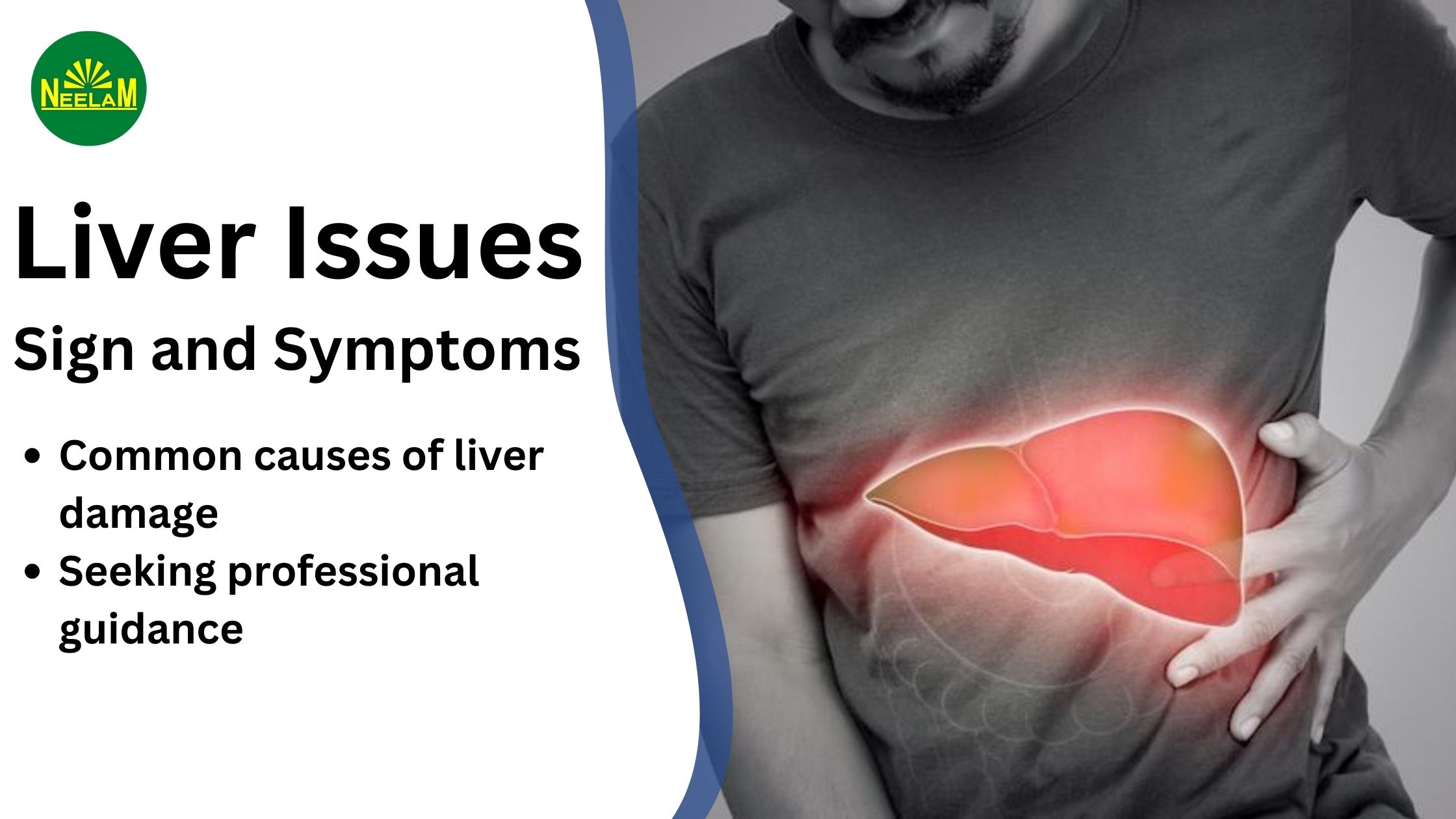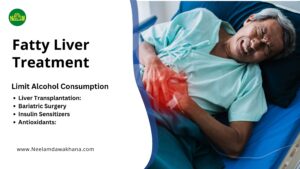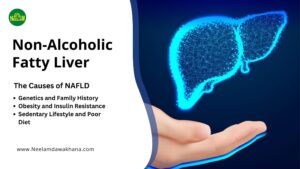Table of Contents
How Do I Know If I Have Damaged My Liver?
Introduction:
The liver, a multifaceted organ, plays a pivotal role in maintaining the body’s equilibrium. Despite its incredible regenerative capabilities, the liver is susceptible to damage from various sources. This comprehensive guide seeks to unravel the intricacies of liver issues, exploring common causes of liver damage, deciphering the signs and symptoms, evaluating risk factors, and providing insights into seeking professional guidance.
1. The Dynamic Functions of the Liver:
Before delving into the nuances of liver damage, it is crucial to appreciate the intricacy of the liver’s functions. From detoxification to metabolism and the synthesis of essential proteins, the liver serves as a metabolic powerhouse. Any disturbance in these processes can have far-reaching consequences for one’s health.
2. Common Causes of Liver Damage:
Understanding the roots of liver damage is essential for recognizing and mitigating potential risks.
– Alcohol Consumption:
– Chronic alcohol abuse can lead to a spectrum of liver conditions, from alcoholic fatty liver disease to cirrhosis.
– Viral Infections:
Viral and parasitic infections of the liver can result in inflammation and decreased liver function. Viral transmission by blood or semen, tainted food or drink, or intimate contact with an infected individual can all result in liver damage. Hepatitis viruses, such as the following, are the most prevalent causes of liver infections:
Hepatitis A
Hepatitis B
Hepatitis C
Cancer and other growths
Examples include:
· Liver cancer
· Bile duct cancer
· Liver adenoma
– Non-Alcoholic Fatty Liver Disease (NAFLD):
– Linked to obesity and metabolic syndrome, NAFLD encompasses a range of liver conditions characterized by fat accumulation.
– Medications:
– Certain medications, even when used as prescribed, can contribute to liver damage, emphasizing the importance of monitoring potential side effects.
– Poor Diet:
– Diets high in processed foods, sugar, and saturated fats can contribute to the development and progression of liver diseases.
3. Signs and Symptoms of Liver Damage:
Understanding the manifestations of liver damage is crucial for early intervention and prevention of further complications.
a. Jaundice:
– Yellowing of the skin and eyes due to elevated bilirubin levels, indicative of impaired liver function.
b. Abdominal Pain and Swelling:
– Discomfort in the upper right abdomen accompanied by swelling due to fluid retention, signaling potential liver dysfunction.
c. Dark Urine:
– Dark-colored urine, a result of increased bilirubin excretion, may indicate disturbances in liver function.
d. Chronic Fatigue:
– Persistent fatigue and weakness, often linked to the liver’s role in energy metabolism.
e. Unexplained Weight Loss:
– Significant weight loss without an apparent cause may be a sign of underlying liver issues.
f. Easy Bruising and Bleeding:
– Impaired liver function can affect blood clotting, leading to easy bruising and prolonged bleeding.
g. Changes in Stool Color:
– Light-colored stools may indicate disruptions in bile flow from the liver.
4. Risk Factors for Liver Damage:
Identifying potential risk factors is crucial for preemptive measures and tailored interventions.
– Excessive Alcohol Consumption:
– Regular and excessive alcohol intake is a significant risk factor for liver damage.
– Obesity and Poor Diet:
– NAFLD is closely linked to obesity and unhealthy dietary habits.
– Viral Infections:
– Knowledge of risk factors for hepatitis B and C, such as unprotected sex or sharing needles, is vital for prevention.
– Family History:
– A family history of liver disease may heighten an individual’s susceptibility to liver-related issues.
– Medication Usage:
– Careful monitoring of medications with potential liver side effects is crucial for those at risk.
5. Seeking Professional Guidance:
Early detection and intervention are paramount for managing liver damage effectively.
– Medical Evaluation:
– Consulting a healthcare professional for a comprehensive evaluation, including liver function tests and imaging studies.
– Liver Function Tests:
– Assessing markers like ALT, AST, and bilirubin to gauge the extent of liver damage.
– Imaging Studies:
– Utilizing ultrasound, CT scans, or MRIs for detailed imaging to aid in diagnosis.
– Liver Biopsy:
– In certain cases, a liver biopsy may be recommended to assess the severity of damage and guide treatment plans.
6. Lifestyle Changes for Liver Health:
Proactive measures and lifestyle modifications play a pivotal role in promoting liver health.
– Moderation in Alcohol Consumption:
– Reducing or eliminating alcohol intake is crucial for those with a history of liver-related issues.
– Healthy Diet:
– Adopting a balanced and nutritious diet rich in antioxidants supports overall liver health.
– Regular Exercise:
– Engaging in physical activity aids in weight management and promotes metabolic health.
– Monitoring Medication Usage:
– Using medications as directed and under the guidance of healthcare professionals minimizes the risk of liver-related complications.
– Vaccination:
– Ensuring vaccination against hepatitis B and A is a preventive measure against viral infections.
7. Conclusion:
In conclusion, understanding the intricacies of Liver health is a pivotal step towards preserving overall well-being. By decoding the signs, recognizing risk factors, and seeking timely professional guidance, individuals can navigate the landscape of liver damage with informed agency. Prioritizing lifestyle modifications and fostering awareness about liver health contribute to a proactive approach in preventing and managing liver-related issues. Remember, when in doubt, consult a healthcare professional for personalized advice and guidance on maintaining a healthy liver and a healthier life.




